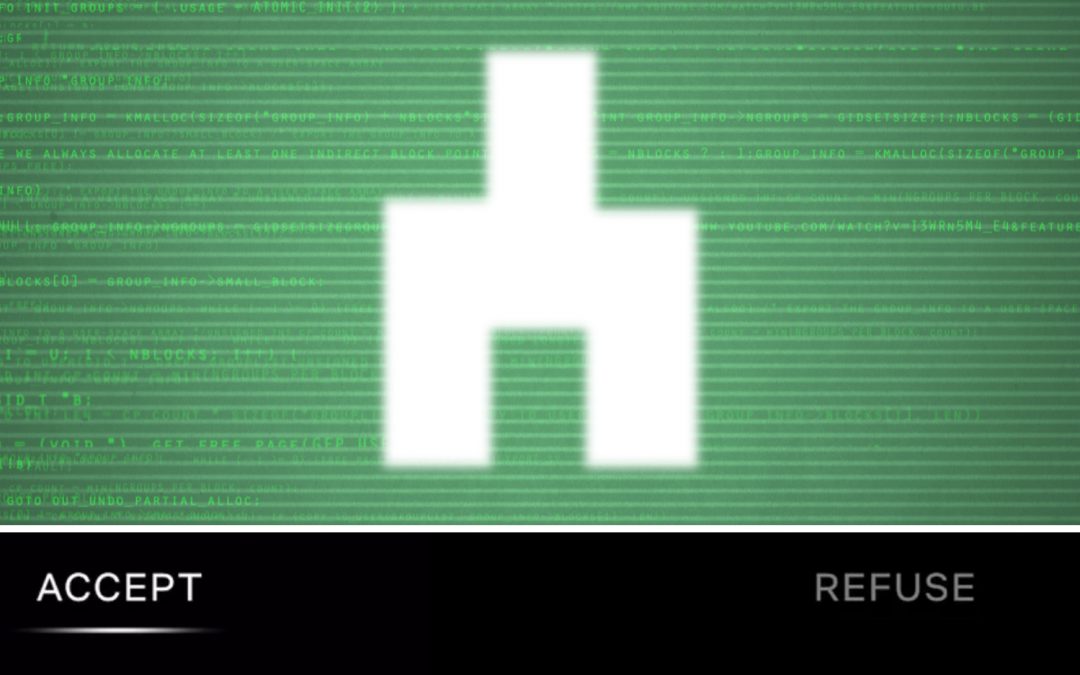As marketers, we know that consumers love choice. From the clothes they wear, to the food they buy, today’s consumer loves to be in control. They want to know the ingredients they eat, where their food comes from, and more.
One recent pop culture trend begs the question. Are we really in control of our choices? Or is there a bigger force at work deciding our fates? Does each seemingly miniscule choice we make have a larger consequence than we thought? Do you prefer Frosted Flakes or Sugar Puffs?
Netflix’s latest viral phenomenon explores all this and more, sparking a storm of social media buzz, clever memes, and debate.
me after staying up till 3am to watch #Bandersnatch and then spending another 2 hrs trying to get all the endings pic.twitter.com/eNJu5rXItO
— Shail (@shailpatels) December 28, 2018
Giving Up Control
Black Mirror, Netflix’s breakthrough original series featuring a wide range of cautionary tales about the potential dangers of a digital world, stuns audiences with its new interactive feature length movie titled, “Bandersnatch.”
“Bandersnatch” follows the story of a young video game programmer named Stefan hoping to create a groundbreaking “choose your own adventure” style game. The game is based on a fictional “choose your own adventure style” book with the same title. Throughout the episode, audiences hold all the power, deciding everything from Stefan’s breakfast to major career decisions.
Above all, consumers call the shots. Netflix keeps the ball rolling by automatically deciding for you should you not make a decision in the time allotted. Each choice has a different consequence, and according to Netflix, there are several different endings and possibilities.
In fact, Netflix recently took to Twitter to encourage audiences to reconsider one of the choices to unlock an alternative consequence.
think you've seen everything there is to see in bandersnatch? try picking up the family photo, ~twice~
— Netflix UK & Ireland (@NetflixUK) January 8, 2019
A World of Opportunity
Netflix exists largely as a platform for entertainment and syndicating existing content. However, “Bandersnatch” is the first mainstream interactive episode that truly immerses the watcher in an experience that they emotionally invested in—and find highly entertaining.
In the world of media, this is a monumental advancement in the way content is produced and absorbed.
According to The Verge, the most exciting aspect of “Bandersnatch” is Netflix’s ability to gather data from the user participation. This helps recommend more curated, personalized content for the specific audience member.
When a consumer watches “Bandersnatch,” Netflix gathers information about their music tastes, human behavior, and other preferences. Additionally, Netflix also tracks how long it takes the watcher to make a decision, giving the platform more valuable insights than ever before.
Interactivity also makes way for product placement, allowing marketers to play a role in the experience while promoting their brands. While “Bandersnatch” is the first engaging thriller of its time, it looks like it won’t be the last.
The Future of Interactivity
For marketers, this means the opportunity to understand audience segments on a deeper level. For Netflix, it means more advertising partnerships with brands and products being placed throughout episodes and movies based on prior decisions that consumer made.
When given the choice between Frosted Flakes and Sugar Puffs, consumers are more likely to choose and acknowledge the Kellogg’s brand over the lesser known Sugar Puffs. Regardless, the brands’ placements are subtle and organic, and overall not disruptive to the experience.
Netflix is technically an “ad-free” platform, but curating ad content based on the consumer’s preferences delivers an experience that is personalized and quite literally handpicked. As a result, marketers can have a chance to promote their brands, all while respecting the consumer’s love of choice.
Will “choose your own adventure” style content be the next big thing in the world of entertainment?
You decide.

